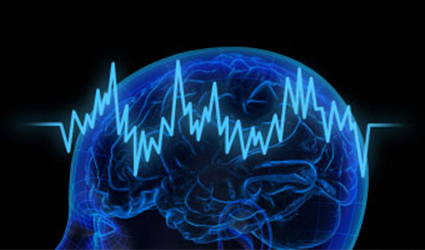Obesity Interlinked with Genetics and Brain Activity
August 30, 2018
Source: Medical Xpress
 1,033
1,033

It is a common belief that disorders like diabetes, cardiac problems and obesity have a genetic link. To a certain extent, this statement sounds true. What if someone says that brain activity is also connected to this since the entire metabolic process is interlinked in our bodies?
A team of scientists from the Montreal Neurological Institute and Hospital has reported that people with a high body mass index (BMI) showed reduced visuospatial abilities, cognitive flexibility, and an inability to delay gratification. Other studies that have been conducted also showed that people with a high BMI are more prone to overeating.
The results were published in the Proceedings of the National Academy of Sciences. The test was conducted on 1200 individuals, many of them being siblings.
Uku Vainik, the lead investigator of this study and a researcher at The Neuro and the Institute of Psychology at the University of Tartu, Estonia said, "This research will be useful in developing interventions to help people with obesity. Modifying neurobehavioral factors with cognitive training, to improve people's ability to resist food, for example, could hold promise. Interventions shouldn't just focus on diet, but also acknowledge the neurobehavioral profile that obesity is genetically intertwined with. Such interventions might help people to stay lean despite their genetic signature."
Dr. Alain Dagher, the senior author of this research paper said, "This work adds support to the theory that body weight in humans is partly under control of higher-level brain systems involved in cognition, decision-making and motivation. Furthermore, individual differences in these brain systems that regulate food intake appear to be moderately heritable."
By DduRead more on
- Things to Know before Buying Newborn Baby Incubators March 31, 2022
- WiFi may interact with signaling pathways in the brain, causing irreversible damage May 20, 2019
- Highly Resistant Food Poisoning Bug Responds to Antibiotics September 6, 2018
- Smartphone Based Diagnosis to Identify Mosquitoes Transmitting Infection September 5, 2018
- 3 Natural Plant Extracts Manufacturers on Drugdu.com September 4, 2018
your submission has already been received.
OK
Subscribe
Please enter a valid Email address!
Submit
The most relevant industry news & insight will be sent to you every two weeks.



